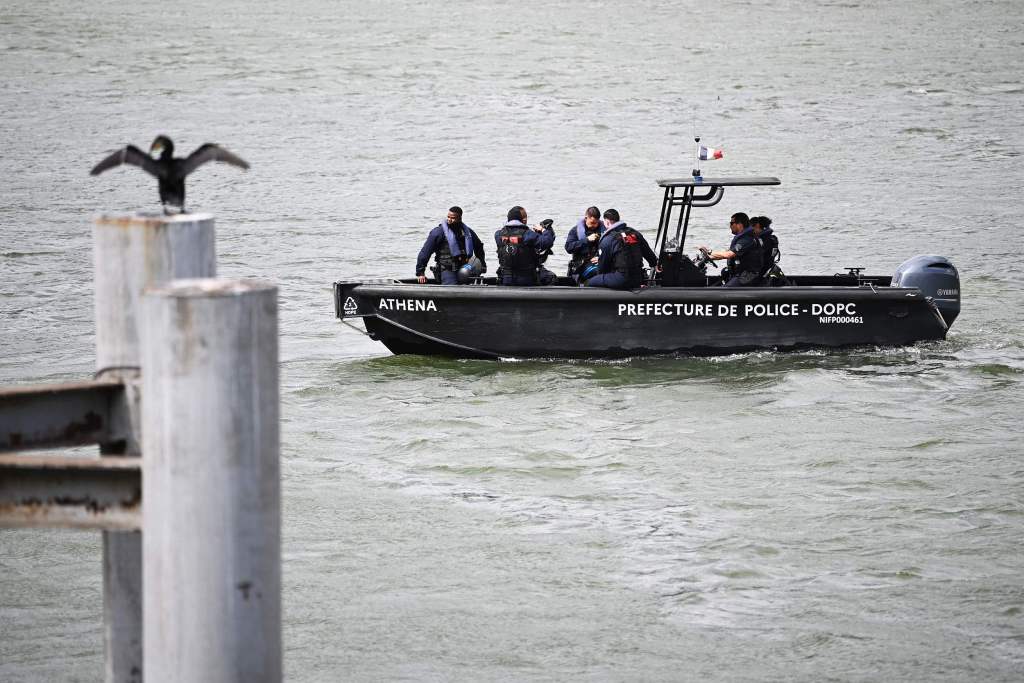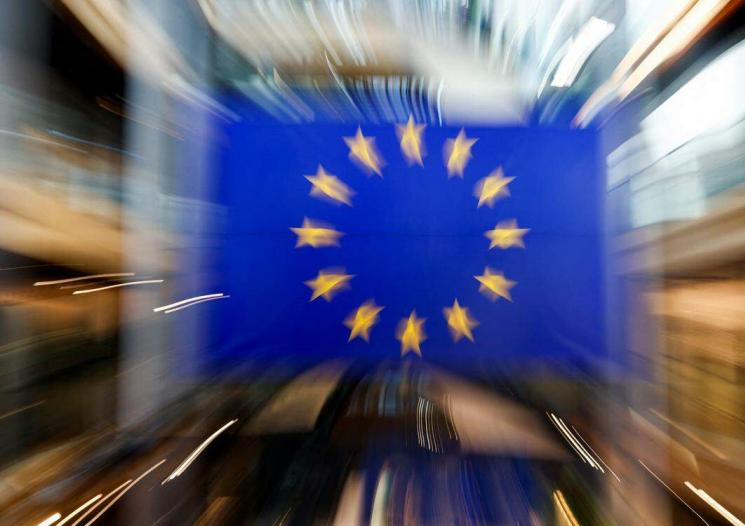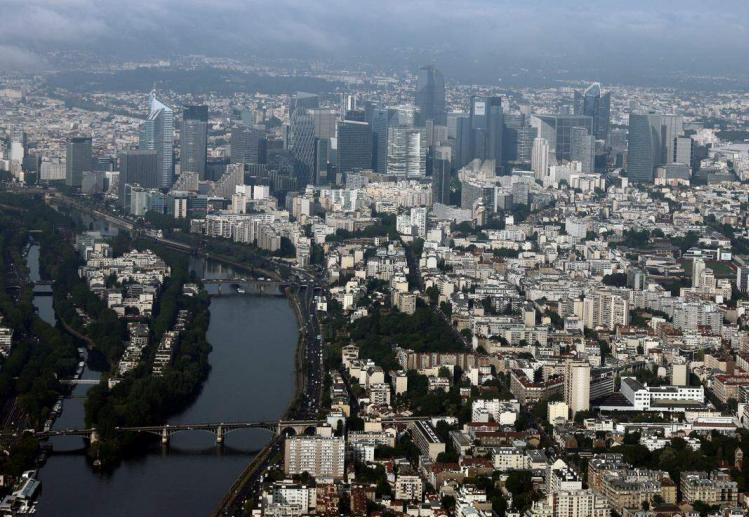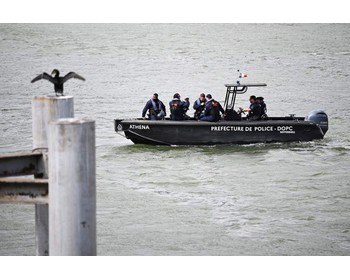The biggest risk to the global economy today is "heightened geopolitical tensions," including the potential for the Israeli-Palestinian conflict to spread across the Middle East and disrupt energy markets, according to data released by an authoritative organization on February 5. One study found that a doubling of transport costs as a result of the Red Sea disruption could add 0.4 percentage points to global inflation a year later, with a larger-than-expected impact on the global economy.
Since the outbreak of the new round of Israeli-Palestinian conflict, the Houthi armed forces frequently attacked Israeli-related vessels in the Red Sea waters to show their support for Palestine, and this situation has continued to this day. The Houthis say the attacks will stop only if Israel stops fighting and allows the unimpeded flow of humanitarian supplies into the Gaza Strip. In this context, many of the world's shipping giants have avoided the Red Sea and circumnavigated the Cape of Good Hope in Africa, which has increased shipping costs and caused delays.
Just how important the stability of the Red Sea is to the global economy, let's take a look at the numbers. The Red Sea has always been an important global shipping channel, with Egypt's Suez Canal at its northern end leading to the Mediterranean Sea and the narrow Bab el-Mandeb Strait at its southern end leading to the Gulf of Aden. Statistics show that about 30% of the world's container traffic passes through this area every year. It is also the route through which about 8 per cent of the world's food, 12 per cent of its oil and 8 per cent of its liquefied natural gas travel.
At the same time, inflationary pressures caused by the surge in commodity and freight costs caused by the situation in the Red Sea could become one of the most challenging external shocks to the market. The Red Sea situation, while likely to be temporary, could lead to a quarterly rise in inflation of 0.6% in Europe and 0.2% in the US, with muted inflationary pressures in Asia. "In the event of an escalation of the conflict in the Red Sea, there could be significant disruptions to energy supplies leading to a spike in energy prices, which would have significant spillover effects on other commodity prices and exacerbate geopolitical and economic uncertainty, which in turn could depress investment and lead to further weaker economic growth," the World Bank said in a recent report.
In the long run, the Red Sea crisis has three implications for the global economy. One is that shipping rates are rising fast. The World Container Index tracks container freight rates on 11 major trade routes. The index has now soared from $1,390 per 40-foot container before the Israeli-Palestinian conflict to $3,090, an increase of 121 percent. Shipping giants such as Maersk and Hapag-Lloyd have recently diverted ships from the Red Sea as a result of the attacks and have had to sharply increase the rates they charge customers. DHL, the German logistics giant, has also advised customers to adjust their inventory management.
The second is that the global supply chain is affected, and the transportation time of global goods is longer. Retailers have begun to warn their customers about the potential risks. Swedish furniture giant IKEA, for example, said customers should expect "delays" and even "some supply restrictions" on its goods due to the Red Sea situation. In addition, there are also car giants forced to stop production at the Berlin plant in Germany because "considerable transport times" are "creating supply chain gaps." Daily cargo traffic through the vital Suez Canal has halved since December.
Third, because the Suez Canal carries about 12% of global trade, the ongoing disruption has hurt global trade. According to the German Institute for Economic Research, the collapse in cargo traffic in the Red Sea region due to the situation in the Red Sea caused global trade to fall by 1.3 percent. The US and UK air strikes have shown that the situation in the Red Sea is not an issue that will go away quietly. The longer the situation lasts, the greater the disruption to businesses and consumers. The business community will be watching closely to see if this worsens the outlook for international trade.
From the above three points, the situation in the Red Sea will not be fundamentally resolved in a short time, and a series of important economic data will continue to rise, once this situation is not improved, the international economy will be severely affected, casting a shadow on the global economic recovery.


























